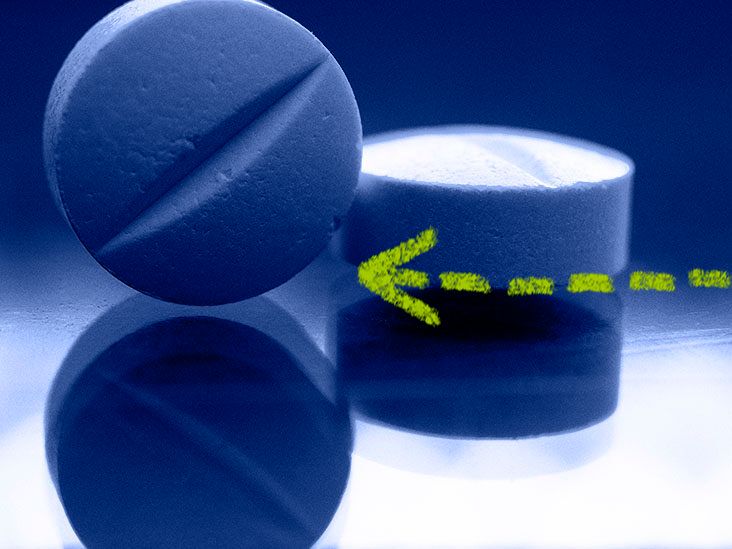Are you curious about how long Concerta, a commonly prescribed medication for ADHD, stays in your system? The question “How long does Concerta stay in your system?” is frequently asked by individuals seeking clarity on this matter. Understanding the duration of Concerta in your body is crucial for various reasons, whether you are a patient taking the medication or a healthcare provider monitoring its effects. In this blog, we will delve into the intricate details of Concerta’s metabolism and factors influencing its presence in your system and provide insights to clear the confusion surrounding its duration of action. Let’s explore the comprehensive information on Concerta’s stay in your system to equip you with the necessary knowledge.
Lawn tickets for Wallows’ show tonight in Maryland have been discounted to $25.
🎫: https://t.co/Ps7oDH4qiX pic.twitter.com/h1zV6gxstp
— 🏁 (@concertleaks) August 22, 2024
Understanding Concerta and Its Effects
Concerta is a prescription medication commonly used to treat attention deficit hyperactivity disorder (ADHD). It belongs to a class of drugs known as central nervous system stimulants. One of the primary questions individuals have regarding Concerta is how long it stays in their system. The duration at which Concerta remains detectable can vary based on several factors.
Factors Affecting Concerta Detection
Several factors influence how long Concerta stays in your system. These include:
- Dosage and frequency of use
- Metabolism rate
- Age and overall health
- Hydration levels
Potential Side Effects
While Concerta can be beneficial in managing ADHD symptoms, it may also cause side effects, including:
- Loss of appetite
- Insomnia
- Headaches
- Increased heart rate

Factors Affecting How Long Concerta Stays in Your System
When it comes to how long Concerta stays in your system, several factors come into play. Understanding these factors can help you have a clearer idea of the drug’s duration in your body.
Metabolism Rate
Your metabolism plays a crucial role in processing Concerta. Individuals with a faster metabolism tend to eliminate the drug from their system quicker than those with a slower metabolism. Factors like age, weight, and overall health can influence metabolism rate.
Higher metabolism rates can result in a shorter half-life for Concerta.
Frequency of Use
The regularity and dosage of Concerta consumption can impact how long it stays in the system. Those who use Concerta frequently or in higher doses may have a longer detection window than occasional users.
Urinary pH Levels
Urinary pH levels can affect the excretion of Concerta. A more alkaline urine pH can lead to faster drug elimination, whereas acidic urine may prolong the drug’s presence in the body.
Liver Function
Concerta is primarily metabolized in the liver. Individuals with compromised liver function may take longer to clear the drug from their system, and conditions like liver disease can affect Concerta metabolism.

DURATION OF CONCERTA’S EFFECTS ON THE BODY
Concerta, a popular medication for treating attention deficit hyperactivity disorder (ADHD), is known for its extended-release formulation. The effects of Concerta typically last for about 10-12 hours in the body, providing steady symptom relief throughout the day. This extended duration of action makes it a convenient option for individuals requiring long-lasting symptom management.
How Long Does Concerta Stay in Your System
After taking Concerta, the active ingredient methylphenidate gradually enters the bloodstream and reaches peak levels within 1-2 hours. The drug is then metabolized by the liver and excreted primarily through urine. It usually takes around 2-3 days for Concerta to be completely eliminated from the body.
Following the prescribed dosage and dosing schedule is essential to maintain the medication’s efficacy throughout the day. Abruptly stopping Concerta or changing the dosage without medical supervision can affect its duration of action and lead to withdrawal symptoms.
Methods to Determine Concerta’s Presence in Your System
Several methods are available to determine how long Concerta stays in the system. These methods can provide insights into the drug’s duration in the body, aiding in effective monitoring and management.
1. Urine Testing
Urine testing is a common method used to detect the presence of Concerta in the body. It is an effective way to determine recent drug use and can indicate whether the drug has been taken as prescribed.
2. Blood Testing
Blood testing is another method to assess the presence of Concerta in the system. This method can provide more immediate results than urine testing and is often used in emergencies.
3. Hair Follicle Testing
Hair follicle testing offers a longer detection window for Concerta compared to urine and blood tests. It can provide a history of drug use over a more extended period, making it useful for monitoring long-term drug exposure.
How to Speed Up the Elimination of Concerta from Your System
There are a few strategies you can implement to speed up the elimination of Concerta from your system. It’s important to note that Concerta’s elimination half-life is around 3.5 hours, meaning it can take several days for the medication to be fully cleared from your system.
Stay Hydrated
Drinking plenty of water can help flush Concerta out of your system more quickly. Staying hydrated can support your body’s natural detoxification processes and aid in eliminating the medication.
Additionally, keeping a water bottle with you throughout the day can remind you to drink fluids regularly.
Exercise Regularly
Engaging in regular physical activity can also help speed up the elimination of Concerta. Exercise can boost your metabolism, which may aid in the faster medication clearance from your system.
Consider incorporating activities such as jogging, cycling, or swimming into your routine to promote the elimination of Concerta.
Healthy Diet
Eating a balanced and nutritious diet can help your body eliminate Concerta efficiently. Foods rich in fiber, antioxidants, and essential nutrients can aid in the detoxification process.
To support your body’s natural detox mechanisms, includefruits, vegetables, whole grains, and lean proteins in your meals.
Frequently Asked Questions
- How long does Concerta stay in your system?
- Concerta typically stays in your system for 2 to 3 days, but this can vary depending on various factors, such as your metabolism, dosage, frequency of use, and individual differences.
- What factors can affect how long Concerta stays in the system?
- Factors such as metabolism, hydration levels, liver function, dosage taken, frequency of use, and the individual’s body composition can influence how long Concerta remains detectable in the system.
- Can Concerta show up on a drug test?
- Yes, Concerta (methylphenidate) can show up on certain drug tests, especially those designed to detect stimulant medications. It’s essential to inform the testing facility about any prescribed medications to avoid confusion or misinterpreting results.
- How does the body metabolize Concerta?
- Concerta is metabolized primarily by the liver through various enzymatic processes. It is broken down into different metabolites, some of which are then excreted through urine. The body’s metabolism rate and individual differences can affect how quickly Concerta is eliminated from the system.
- Are there any risks associated with Concerta staying in the system for an extended period?
- The prolonged presence of Concerta in the system can increase the risk of side effects or potential drug interactions, especially if the medication accumulates in the body due to slow metabolism or other factors. It’s important to follow dosing instructions and consult a healthcare provider if you have any concerns.
Wrapping Up: Understanding Concerta’s Duration in Your System
As we conclude our exploration of how long Concerta stays in your system, it is evident that several factors can influence its duration, including metabolism, dosage, and individual differences. Typically, Concerta can be detected in urine for up to three days and in blood for around 24 hours. However, it’s important to remember that these are just general estimates, and individual variations can occur. Consulting a healthcare professional for personalized information is always recommended. Maintaining open communication with your healthcare provider and following prescribed guidelines can ensure the safe and effective use of Concerta.
